Ireland year 1969 Birth Centenary of Mahatma Gandhi stamps set MNH**
The set of Irish stamps issued in 1969 to commemorate the Birth Centenary of Mahatma Gandhi is a two-stamp issue.
Here are the key details for the set:
- Commemoration: Centenary of the birth of Mahatma Gandhi (October 2, 1869 – January 30, 1948).
- Issue Date: October 2, 1969
- Number of Stamps: 2
| Denomination (Pre-Decimal) | Color/Design | Catalog Number (Scott) | Catalog Number (Stanley Gibbons – SG) |
| 6 pence (6d) | Typically Black and Green/Dark Olive Green | #275 | #272 |
| 1 shilling 9 pence (1/9d) | Typically Black and Yellow | #276 | #273 |
The stamps feature a portrait of Mahatma Gandhi. This issuance was part of a worldwide philatelic tribute, as many countries around the globe issued stamps in 1969 to honor Gandhi’s centenary.


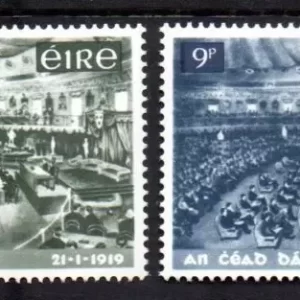
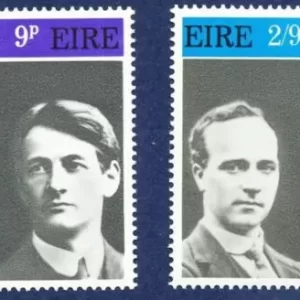
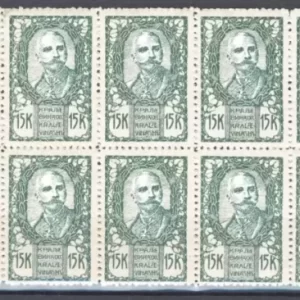
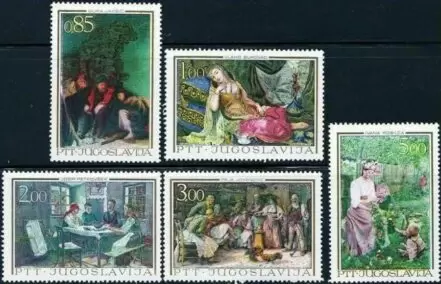
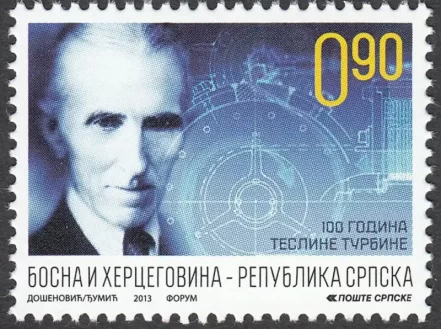
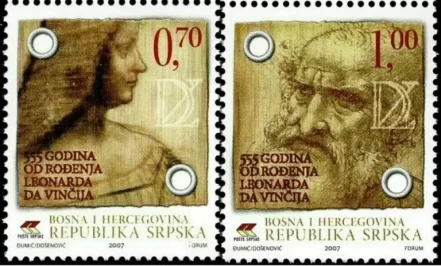
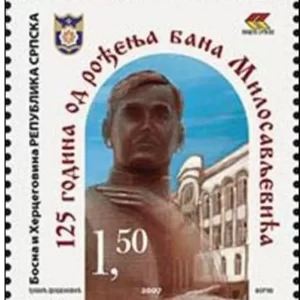

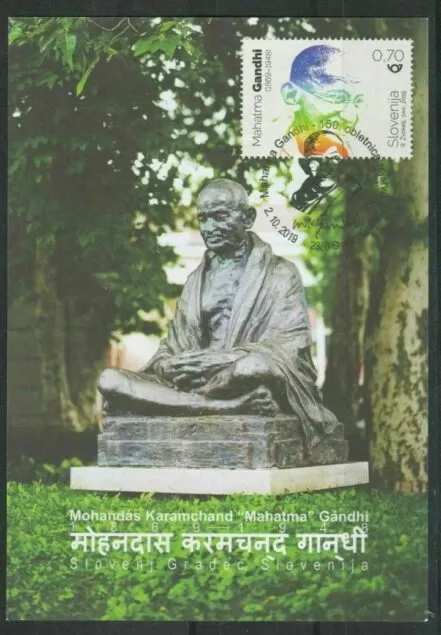
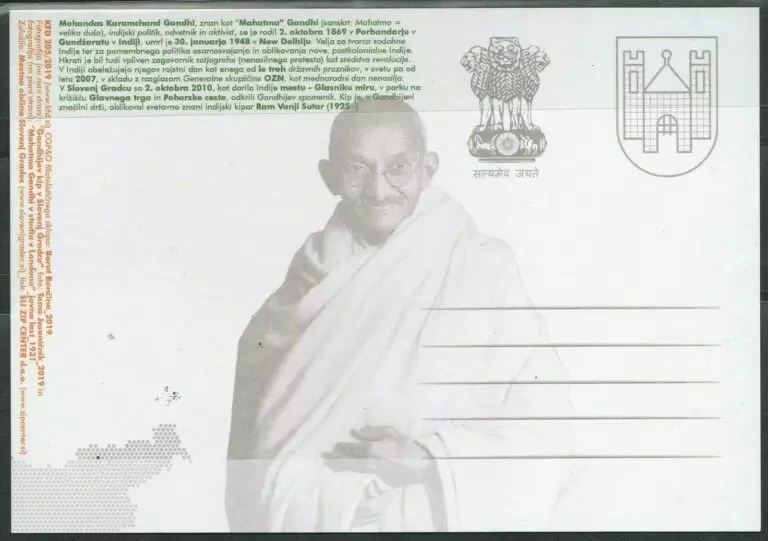
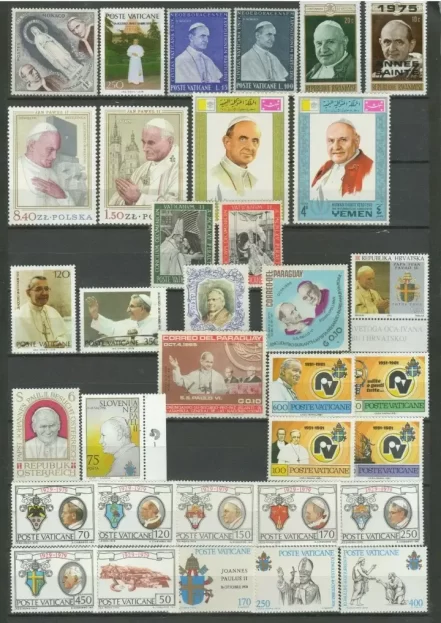
Reviews
There are no reviews yet.